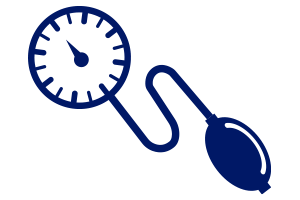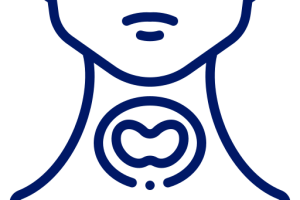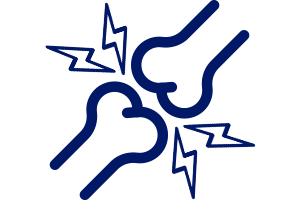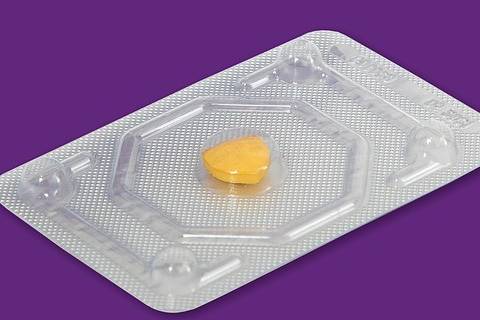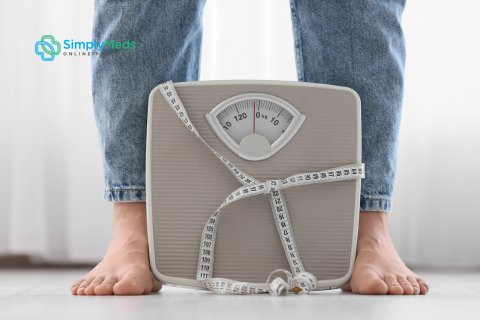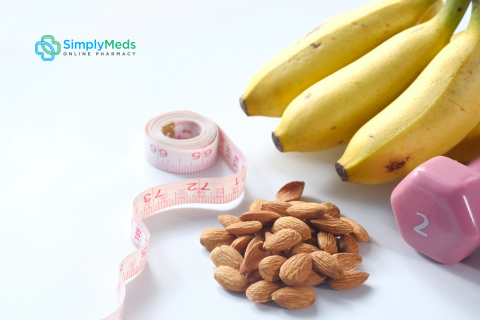Everything You Need To Know About The Morning-After Pill
Mar 23, 2022
Emergency Contraception
Everything You Need To Know About The Morning-After Pill
Every time you have sex you risk pregnancy. This is true even when you take contraception. The morning-after pill is a life saviour for many who find themselves panicking after a one night stand or condom catastrophe.
If you are sexually active, you need to be informed when it comes to the morning-after pill. Find out everything you need to know below.
What is a morning-after pill?
A morning-after pill is used only when a couple has had unprotected sex, or if the usual contraceptive is missed or forgotten, to prevent an unplanned pregnancy.
It is not a long-term contraceptive or an alternative to long-term contraception.
The morning after pill is sometimes abbreviated as MAP, or referred to as emergency contraception or EC. It might also be abbreviated as ECP (Emergency Contraception Pill) or EHC (Emergency Hormonal Contraception).
What does a morning-after pill do?
Every month the ovaries release an egg that lasts for 24 hours in the fallopian tubes. After ejaculation sperm travels up to the fallopian tubes and survives up to five days while waiting for an egg to appear.
Emergency contraception stops the ovaries from releasing an egg so fertilisation doesn’t take place. It quickly and effectively prevents pregnancy after having sex without protection, or where the protection has failed.
It is not an abortion tablet. The morning-after pill doesn’t work if you are already pregnant. It only delays ovulation. This means if you are already ovulating, the pill will have no effect, and the egg can still be fertilised.
Are there different types of morning-after pills?
Yes. There are two main drugs that are used for emergency contraception pills, with slightly different effects and side effects.
-
The first type is based on the hormone levonorgestrel (which is also used in common contraception pills), and the common brand name for these morning-after pills is Levonelle
-
A second type uses ulipristal acetate, and is sold as the product EllaONE.
Both products may also be purchased under other brands, where they might be described as a generic alternative to Levonelle or EllaONE, or marketed with the name of the drug (levonorgestrel or ulipristal respectively). The generic versions of the drugs can be expected to have the same main effects as the branded versions.
The next question to answer is whether one type of pill should be chosen over the other, which we address in the next section.
Be aware that the morning-after pill is not the only form of emergency contraception. Another form of an emergency contraceptive is an IUD (Intrauterine Device), also known as the coil. The IUD can be implanted after unprotected sex to prevent pregnancy.
What are the differences between Levonelle and EllaONE?
Though these two pills use different active ingredients and may have different effects on different people, they function on a very similar principle.
The main practical difference is that EllaONE can work up to 5 days after sexual intercourse, whereas Levonelle only works up to 3 days after intercourse. Neither are 100% effective, and both are more effective the sooner they are taken.
A full description of each product follows:
Levonelle
Levonelle works up to 3 days (72 hours) after intercourse. As with all emergency contraception, it is most effective taken straight away. It works by preventing ovulation in a similar way to EllaOne. Levonelle is 84% successful if taken with the 72-hour window. Common side effects include tiredness, nausea, painful periods and headaches. It is not an abortion pill and will not affect an existing pregnancy.
EllaONE
EllaOne works up to 5 days (120 hours) after sexual intercourse. It is most effective if you take it as soon as possible. The active ingredient ulipristal acetate alters the production of the hormone progesterone which plays a major role in ovulating. It prevents ovulation from occurring by keeping progesterone levels artificially high. This prevents an egg from coming into contact with sperm which survives for five days in the fallopian tubes.
Practical Information About The Morning After-Pill
When should I take the pill?
Levonelle can be used up to three days after intimate contact or unprotected sex, but its effectiveness will decrease as the days progress after having unprotected sex. EllaONE similarly is less effective the longer after sex it is taken, but can be used up to five days later.
It is best recommended to take the pill as soon as possible (preferably within 72 hours).
Childbearing women and teenagers are able to take emergency contraception at any time of the month.
Is the morning-after pill 100% effective?
The effectiveness of Levonelle is estimated to be between about 85% and 95% if taken promptly. If however, you are regularly having unprotected sex, you should strongly consider using long-term contraceptives, as Levonelle can only be taken as an effective treatment, twice per normal menstrual cycle at maximum.
Reasons the morning-after pill might not work
No contraception is 100% effective so there is always a chance that you may still become pregnant after taking the morning after pill. EllaOne and Levonelle are 95% effective and are the most reliable emergency contraception you can take. The majority of people who take emergency contraception do not end up pregnant. Sometimes the MAP doesn’t work due to external circumstances that make the pill less effective.
1. Taking antibiotics
Antibiotics prevent the conventional pill from working properly and can also render the morning after pill ineffective. St John’s Wort is a natural supplement used to counteract depression; it also makes the MAP less likely to work.
If you are taking either of these treatments and need emergency contraception you would be better getting an IUD or coil fitted to prevent pregnancy.
2. Being overweight
There is a debate as to whether having a BMI over 25 causes the morning after pill to be ineffective. If you are overweight EllaOne is considered to be the most effective emergency contraception.
3. You are already pregnant
If you are pregnant the MAP will have no effect whatsoever. The pill won’t cause an abortion or any damage to the fetus. If this is the case you will have to decide what you want to do about it and seek advice.
4. You have just ovulated
You may be at the point in your menstrual cycle when ovulation has already taken place. The MAP may make it more difficult for the fertilised egg to settle but it may be too late.
Unless you are totally confident about knowing your cycle, using a regular form of contraception would be a more reliable way to prevent pregnancy.
How much does the pill cost?
It can be bought at any online pharmacy in the UK, and the price can range from £13.95 or more, depending on where you buy the pill.
Simply Meds sells emergency contraception pills. Click here to find out more.
How easy is it to get the morning after pill?
The morning-after pill is available without prescription from online chemists and over the counter in your local pharmacy.
How Does The Morning-After Pill Work?
Both pills work by delaying or inhibiting ovulation (the release of the egg from the ovary), which can make it difficult for the sperm to enter the uterus and possibly cause the oocyte to mature.
This is a similar principle to common oral contraception (which also uses the hormone levonorgestrel). The only major difference is that it contains a much higher dose of hormones.
However, the morning-after pill and common oral contraception cannot be substituted for one another.
What is ovulation
Ovulation is part of the menstrual cycle where the follicles in the ovary release an egg. The egg travels down the fallopian tube to meet a sperm. If there is no sperm present the egg will not be fertilised and you won’t become pregnant. Progesterone levels in the body decrease prompting the start of a period.
An average cycle lasts for twenty-eight days but can be longer or shorter. You are most fertile from the 10th to 18th day of your menstrual cycle. Ovulation occurs in the middle of the cycle which is approximately two weeks after the first day of your period.
During this time women are at most risk of getting pregnant. Sperm lasts for five days and an egg lasts for 24 hours so there's a chance of fertilisation. A fertilised egg implants itself into the womb lining and forms into a baby.
An unfertilised egg disintegrates and is either absorbed by the body or expelled during your period.
Risks and Side Effects of the Morning-After Pill
What are the side effects of the pill?
Some women will experience the following side effects due to the increase in hormones;
Women with polycystic ovary syndrome (PCOS) may encounter more side effects due to already having a hormone imbalance. Severe hormone imbalance from taking emergency contraception is rare so it is important you visit your doctor if you suffer from severe side effects.
The MAP contains hormones like the conventional contraceptive pill and affects your menstrual cycle. Periods following emergency contraception may be different for some women but remain the same for others.
Are there any dangers in using the morning after pill?
All medication carries risks and may not be suitable for everyone but the morning after pills carries no more risks than the daily contraceptive pill.
Most women don’t suffer any major side effects after taking emergency contraception. Some may feel nauseous, have bad period pain, have mood swings and feel more tired than usual.
Taking the morning-after pill doesn’t increase your chances of developing ovarian cysts and doesn’t affect your future fertility.
If you miss a period after taking the morning after pill you may be pregnant so it is good to take a pregnancy test.
There are no significant health risks if you take emergency contraception regularly. However, if you find the need to take the MAP regularly you should consider an alternative means of contraception.
Can the morning-after pill make you depressed?
The morning after pill affects your hormone levels and may leave you with low moods and mild depression. Worrying about being pregnant may give you the same feelings because it is an emotional experience.
The morning after pill may cause depression in some people but not in others depending on how susceptible you are to it.
People with depression also feel extremely tired, have difficulty thinking and carrying out simple tasks or generally enjoying life.
Understanding how depression affects you helps you to find ways to deal with the condition. If you have symptoms of depression you must visit your doctor who will help you find the right treatment.
Can the morning-after pill cause yeast infections?
As hormonal imbalance is one cause of yeast infections it is possible that there could be a connection with emergency contraception. Treating a yeast infection is relatively straightforward and can clear up within a few days.
It is important to prevent another infection from occurring by avoiding; tight clothes, vaginal deodorants, douching and hot baths. Your vagina is one part of the body that shouldn’t be squeaky clean otherwise you will be burdened with yeast infections.
Good planning when it comes to contraception
If you use emergency contraception frequently it is probably time to consider a regular form of birth control.
Although there are no real medical risks behind regularly taking the morning after pill, there are practical considerations. If you are taking emergency regularly then it is safe to say that you expect to have sex more than, ‘once in a blue moon’. Now is the time to review your contraception.
Barrier methods such as the male and female condoms prevent pregnancy and reduce the chances of catching STIs. The copper coil, cap and diaphragm stop pregnancy without using hormones. The pill, mini pill and Mirena coil use hormones to prevent pregnancy.
Be aware that no contraception is 100% effective.
If you need extra information a visit to your doctor's sexual health clinic will be beneficial.




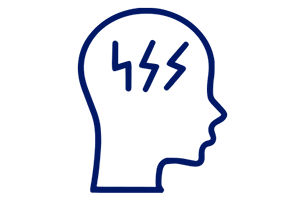
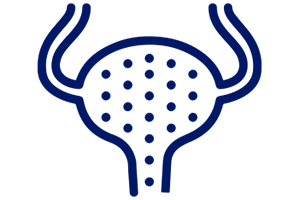




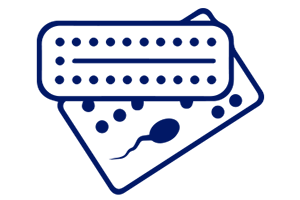



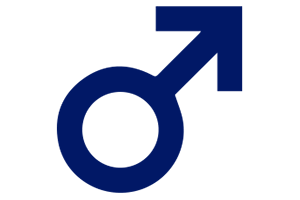
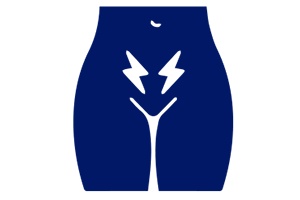
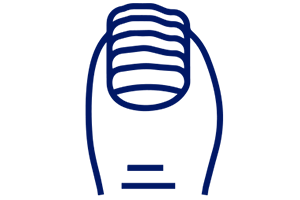
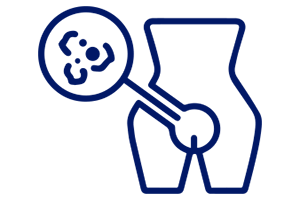










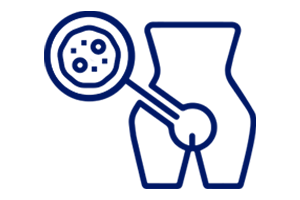
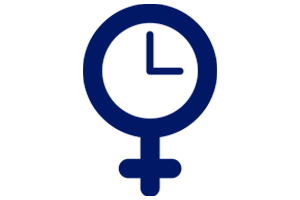










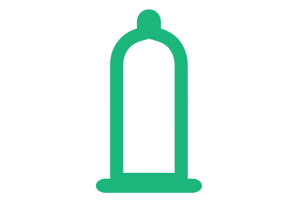
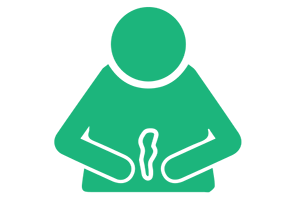
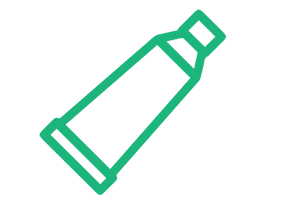


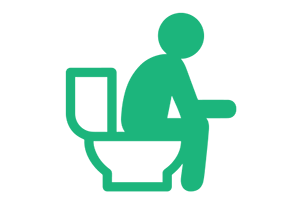

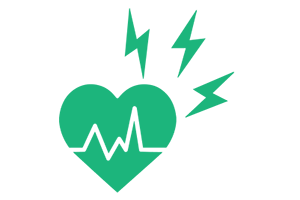


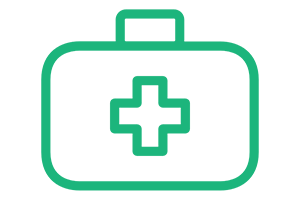

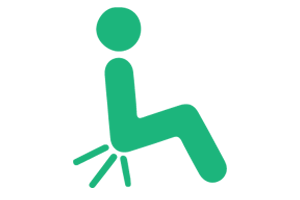


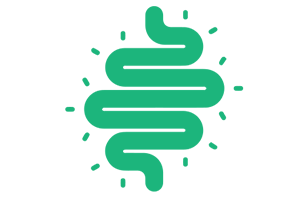
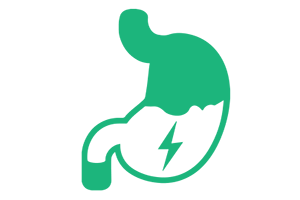



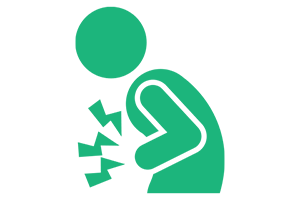
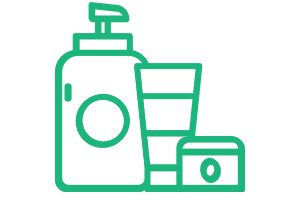
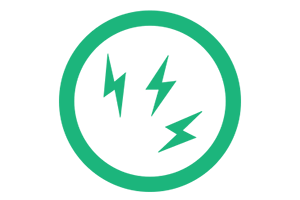

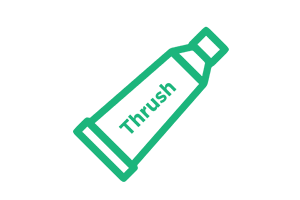


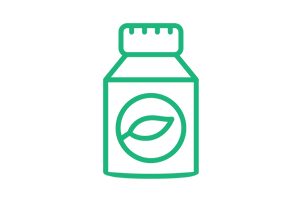
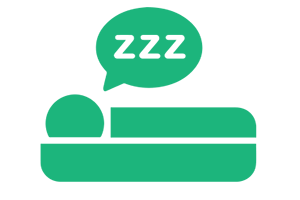




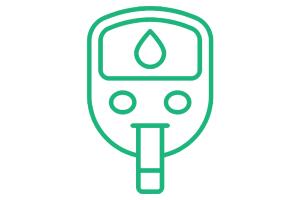





 Account
Account

